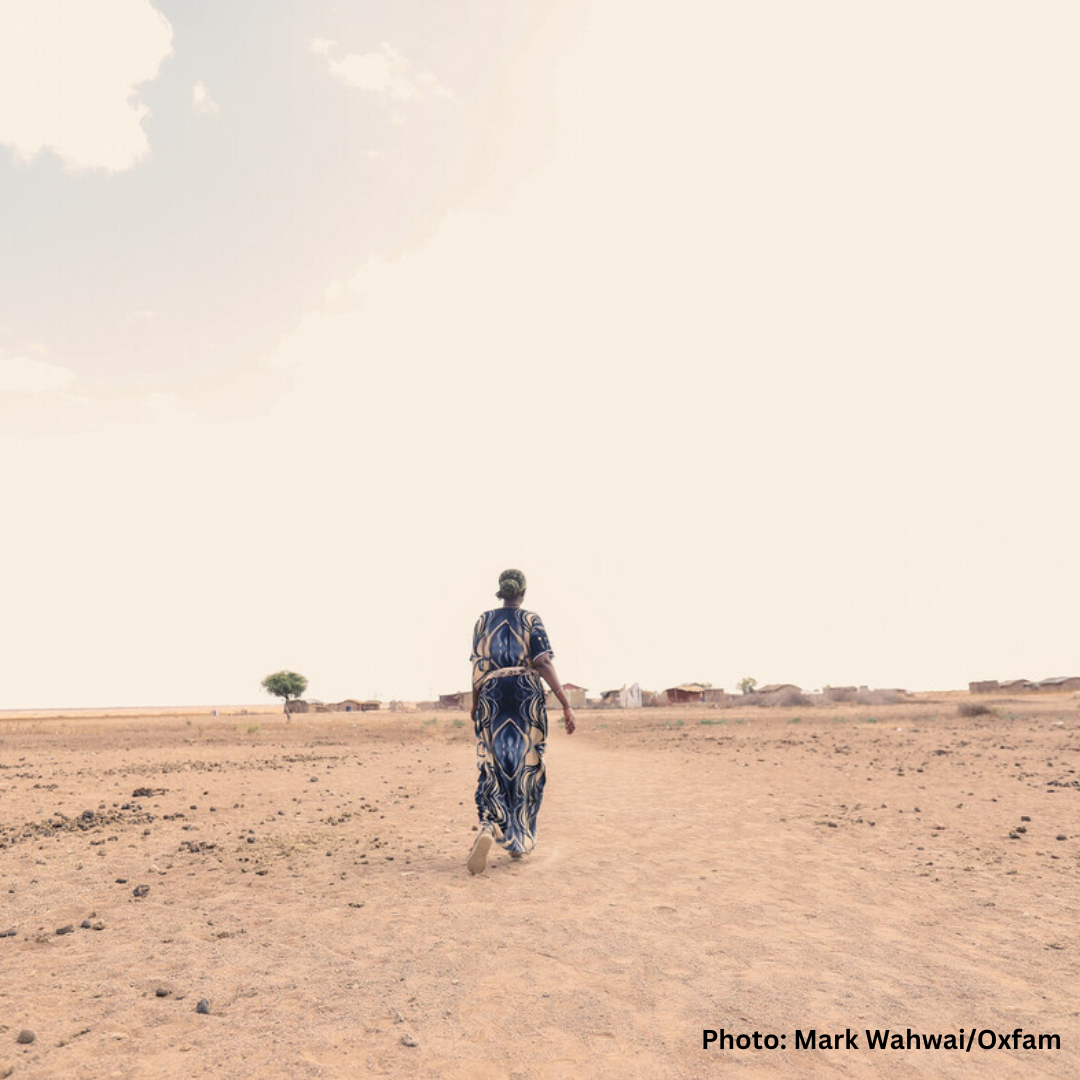The Scottish Government has announced a £1 million allocation to projects supporting communities in low-income countries to address the irreversible impacts of climate change.
The announcement was made at COP 28 in Dubai, where countries are under pressure to agree a just and equitable purpose and structure for a new global loss and damage fund.
It comes two years after COP26 in Glasgow, where the Scottish Government won praise as one of the first governments to commit funding to address loss and damage.
The new allocation, committed through the Scottish Government’s Humanitarian Emergency Fund, is split between four agencies: Oxfam, Christian Aid, Tearfund and the Scottish Catholic International Aid Fund (SCIAF). Each project will receive £250,000.
Oxfam will use the funding to work in partnership with the ASAL Humanitarian Network and other local partners in Kenya to support communities impacted by prolonged, climate-induced drought and flash floods, as well as to reduce the risk of conflict.
Kenya’s arid and semi-arid region has been badly hit by the impacts of climate change, with millions of people suffering from malnutrition as a result of losing their livestock, which they rely on both for food and to make money.
Water sources across the region have also dried up, leading to a surge in diseases and forcing women and girls to walk ever further in order to find water, putting them at greater risk of gender-based violence.
The Scottish Government’s funds will be used to repair and restore critical water systems damaged due to overuse during drought periods and used by up to 3,800 households. It will also provide up to 300 households with cash to help families get back on their feet by addressing damaged or lost livelihoods, including women who are at risk of, or have survived, gender-based violence. In addition, the funding will support community-based peace committees to mediate conflicts over scarce resources.
The project therefore simultaneously seeks to address both economic and non-economic losses and damages created by the climate crisis, while placing climate-impacted communities at the heart of every stage of project delivery.
Sebastian Tiah, Interim Country Director of Oxfam in Kenya, said: “For years, communities across Kenya have been pushed to the brink by a climate crisis they did little to cause, facing prolonged, deadly, climate-induced drought and flash floods.
“The Scottish Government’s funding for Kenya, and other countries facing the irreversible impacts of climate change, is welcome recognition of this injustice.
“With countries from around the world currently locked in critical climate conversations at the UN’s climate conference COP 28, we hope that the Scottish Government’s pioneering funding to enable and support communities to address loss and damage inspires similar action from other governments.”
Oxfam in Kenya will work collaboratively with her local partner network, the Arid and Semi-Arid Lands Humanitarian Network (AHN), under its localisation programme framework. AHN is a 30-member platform, established in 2019, operating within ten arid and semi-arid counties, and promotes a locally-led humanitarian system within the regions.
Ahmed Ibrahim, AHN Convenor, added: “We are glad this funding has come a time when coping capability of communities in the Arid and Semi-Arid regions have been stretched beyond limit because of the cyclic shocks caused by climate change, it is a grant in the nick of time. We hope that more countries will heed our appeal for loss and damage funding and commit more resources to supporting climate-impacted communities whose numbers keep growing in the face of myriad challenges resulting from climate extremes of both drought and flood.’’
With a continuing failure to reduce emissions quickly enough – including a failure to address the excessive emissions of the richest people – the world has entered the era of escalating climate impacts creating an urgent need to provide sufficient financial support to communities bearing the brunt of climate change.
It is hoped that COP 28 will build on recent momentum and establish a just and equitable purpose and structure for a new global loss and damage fund, ensuring it is inclusive, transparent and accountable to impacted communities.
In particular, Oxfam is calling for the new Fund to enable local-leadership in responding to climate-fuelled events, while also supporting gender-transformative action. This includes the creation of a dedicated ‘community direct access window’ to ensure sub-national and local actors, in particular affected communities, women, youth, Indigenous Peoples, people living with disability, and civil society organisations working directly with them, can access funding.
Support Oxfam’s campaigning on climate change. Take action now.
